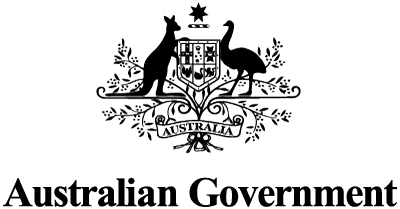Sasana Inclusion and the Indonesian Disability Advocacy Movement (SIGAB Indonesia) together with the Situbondo Regency Government held the 5th Temu Inklusi with the theme “Empowered in Diversity Towards Inclusive Indonesia 2023” from 31 July to 2 August 2023 at the Salafiyah Syafi’ah Islamic Boarding School, Sukorejo, Situbondo.
Temu Inklusi is dedicated to promoting social, economic, and political inclusion in Indonesia. It offers an opportunity for networking, collaboration, sharing best practices, as well as exchanging ideas and concepts to achieve a more inclusive Indonesia.
Initiated in 2014 by INKLUSI Partner SIGAB, the 5th Temu Inklusi was attended by over 600 participants, including representatives from disability groups, supporters of the disability community, academics, civil society organizations, and local and national stakeholders.
Khofifah Indar Parawansa, the Governor of East Java, expressed her pride and support for this event as a demonstration of the East Java government’s commitment to promoting equality, rights, and equal opportunities for individual disability.
“Temu Inklusi is an important reminder that there is a part of society that still needs to be empowered towards achieving equality,” stated Khofifah Indar Parawansa during the official opening of the event.
Khofifah added that the perspective on disability should shift from a charity approach, which tends to be based on pity and assistance, to a humanity approach, or a human rights paradigm. This ensures that person with disability have the same rights and opportunities as everyone else. This shift is in line with the Disability Act of 2016, which expanded the paradigm from a purely medical rehabilitative model to a social model, supporting the participation of disabled individuals in development planning and practices.
Karna Suswandi, the Regent of Situbondo, noted that it was the first time a National Inclusion Meeting was held at a religious school (Pondok Pesantren) in Situbondo. He hoped this would serve as an inspiration, emphasizing that educational institutions should pioneer the effort to create an inclusive Indonesia.
The Indonesian and Australian governments share a commitment to promoting inclusive development for persons with disabilities through the INKLUSI multi-stakeholder partnership.
Felicity Lane, representing the Department of Foreign Affairs and Trade of Australia, stated, “Temu Inklusi can serve as a platform to bring together various parties, including persons with disability, to reflect on solutions and innovations in achieving disability inclusion.” This aligns with the goals of the Temu Inklusi in mainstreaming disability inclusion in development, in line with Indonesia’s commitment to the Sustainable Development Goals.
Suharto, the Executive Director of SIGAB Indonesia, expressed hope that the 5th National Temu Inklusi would help guide the realization of an Inclusive Indonesia by 2030.
“This commitment will be evaluated in 2030, guided by the principle that no one is left behind.”
The three-day event also showcased products from difable community micro-enterprises, and competitions aimed at raising awareness of inclusivity.
Maria, a volunteer from the difable community in East Nusa Tenggara (NTT), shared her impressions as a participant. “This event is very beneficial for us, who are volunteers. We hope that the Temu Inklusi will continue to support disability advocates to promote disability rights in East Nusa Tenggara,” said Maria.
SIGAB’s innovative Live-In program encourages participants from across Indonesia to experience living with village residents. This opportunity provided valuable insights into the daily lives of people with disability and the roles that need to be played by families, the community and government to provide accessible support.
As a commitment to inclusivity, the event provided accessibility facilities to meet the needs of disabled participants, including ramps and lifts for wheelchair users, sign language interpreters, as well as accessible accommodation and transportation services to facilitate the mobility of difable participants during the event.
The outcome of the Temu Inklusi resulted in 11 recommendations for the President of Indonesia, Joko Widodo, to prioritize disability inclusion as a mainstream issue in the National Medium-Term Development Plan towards Indonesia Emas in 2045.
These recommendations will be translated into National and Regional Action Plans for the disabled, focusing on the protection and involvement of person with disability in the legal and judicial sectors, inclusive education, strategies for meeting workforce quotas for person with disability, regulations addressing the vulnerabilities of disabled women and children, and the development of universally designed, disability-friendly infrastructure in various regions of Indonesia.
The recommendations were led by Luluk Ariyantini, Founder and Chairperson of the Pelopor Peduli Disabilitas Foundation (PPDiS) Situbondo, along with representatives from the Temu Inklusi organizing committee, to voice the concerns of people with disability in Indonesia. The hope is that the Temu Inklusi will continue to be a collaborative space contributing to the development, ultimately realizing an Inclusive Indonesia by 2030.




